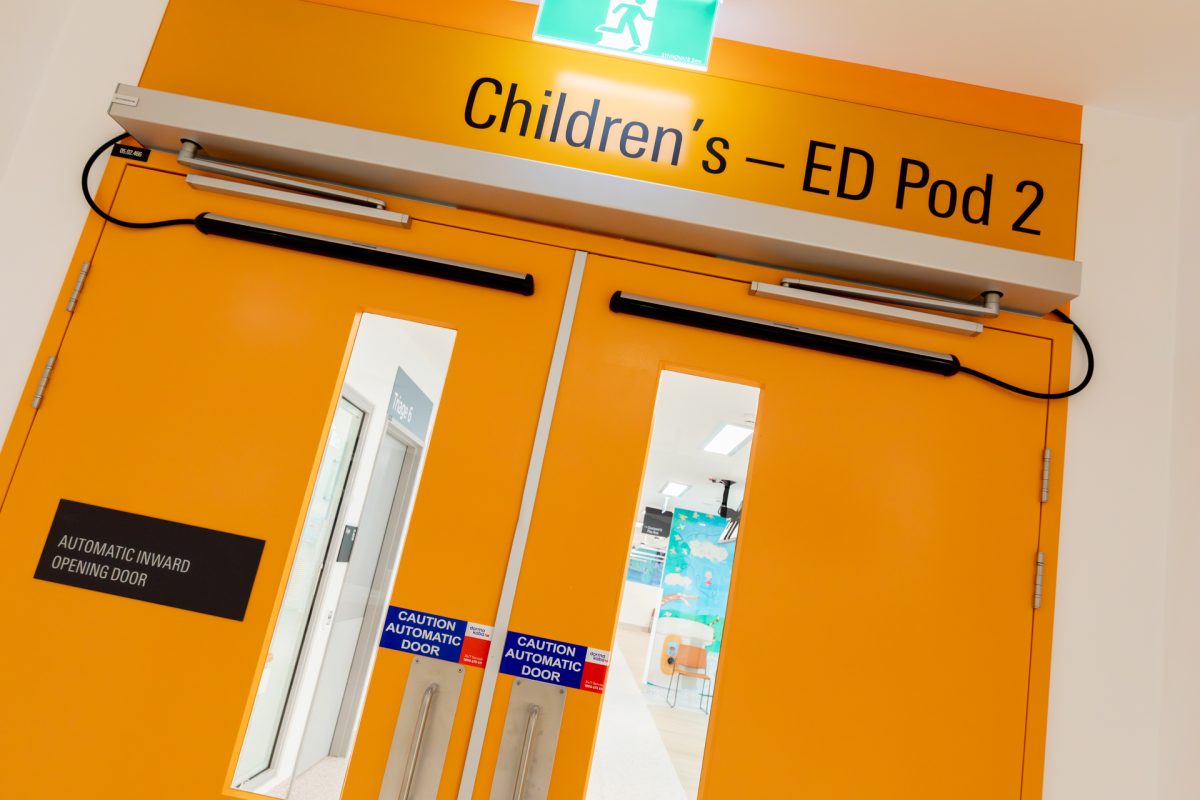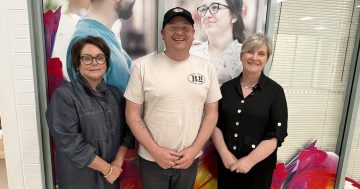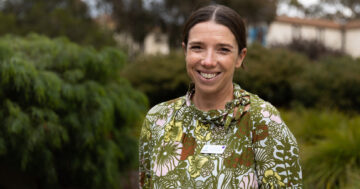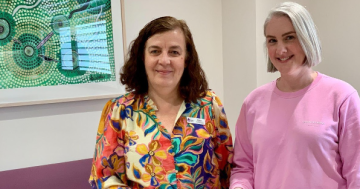
The Children’s Emergency area at the Canberra Hospital. No health service is perfect, but Australia’s is better than most. Photo: Michelle Kroll.
According to some of my readers, I don’t have a positive thing to say about anything, so it might seem like a departure from my standard protocol for me to dedicate a column to celebrating something I’m grateful for. But after a harrowing week with a very sick baby, I am extremely grateful for Medicare, even while I can see and acknowledge the flaws in our health system.
Last Thursday, we had our first serious fright as new parents (not including the fright our baby gave us when he decided to arrive six weeks prematurely in December), when our son became very ill.
After anxiously monitoring his systems, we decided it was better to overreact than underreact, and took him straight to Canberra Hospital’s emergency department.
When we arrived and I saw how packed the waiting room was, my anxiety spiked. But I shouldn’t have worried – logically, babies are a priority, so we were seen almost immediately. A nurse checked my son’s vitals, issued him a teeny medical wristband, and we were whisked to the emergency paediatric triage. What followed was a very stressful 24 hours of tests, interventions, and a night stay in the ward with a very sick baby.
But while I stressed out about his breathing, his sleep, his coughing and whether or not he was dehydrated, one thing I didn’t have to worry about even once was whether or not we could afford his medical care. I knew that whatever my son needed – whether it was medication, surgery, tests, or more time in hospital – he would receive it, and it would be funded through our taxes.
A friend recently gave birth to her first child in America. While I was in hospital with my son, I kept thinking about how, if she were to face the same circumstances, they would be anxiously checking if their insurance covered the baby’s needs and budgeting for a bill otherwise.
I’m not saying it was perfect. I know that there are overarching resourcing issues across the board in our health system, that waiting times for non-urgent surgery are very high, and that access to healthcare remains an issue for the most vulnerable in our society.
But I am still very grateful for the provision of free emergency healthcare and being able to walk out of the building with our much-improved baby a day later, knowing that we could come back if needed without having to worry about the cost. It felt like an immense blessing.
I don’t take it lightly either because I know how lucky I am, specifically as a migrant to Australia.
Unlike other Australians, who have never known any different, I am aware of how tenuous our access to vital services like medical care can be.
Back in Fiji, where I was born, my uncle died last year in a private hospital where, even when we were paying for his care, they didn’t have the resources to provide the services he needed. My family members took shifts staying with him because they were advised there weren’t enough staff on deck to actively monitor him, and the hospital had a shortage of vitals monitors, so they were reliant on a person physically checking their patients and raising the alarm if their condition deteriorated.
In the public hospital where he was originally admitted, a lack of gurneys meant patients were lying on the floor, waiting to be attended to.
I know the ‘it could be worse’ argument doesn’t mean we shouldn’t continue to push for better services in our own context, but it’s also worth taking a moment to reflect on the many positives of our system. Having just experienced the benefits firsthand, I am incredibly grateful for the medical staff at Canberra Hospital and for Medicare for making them available to me.





















